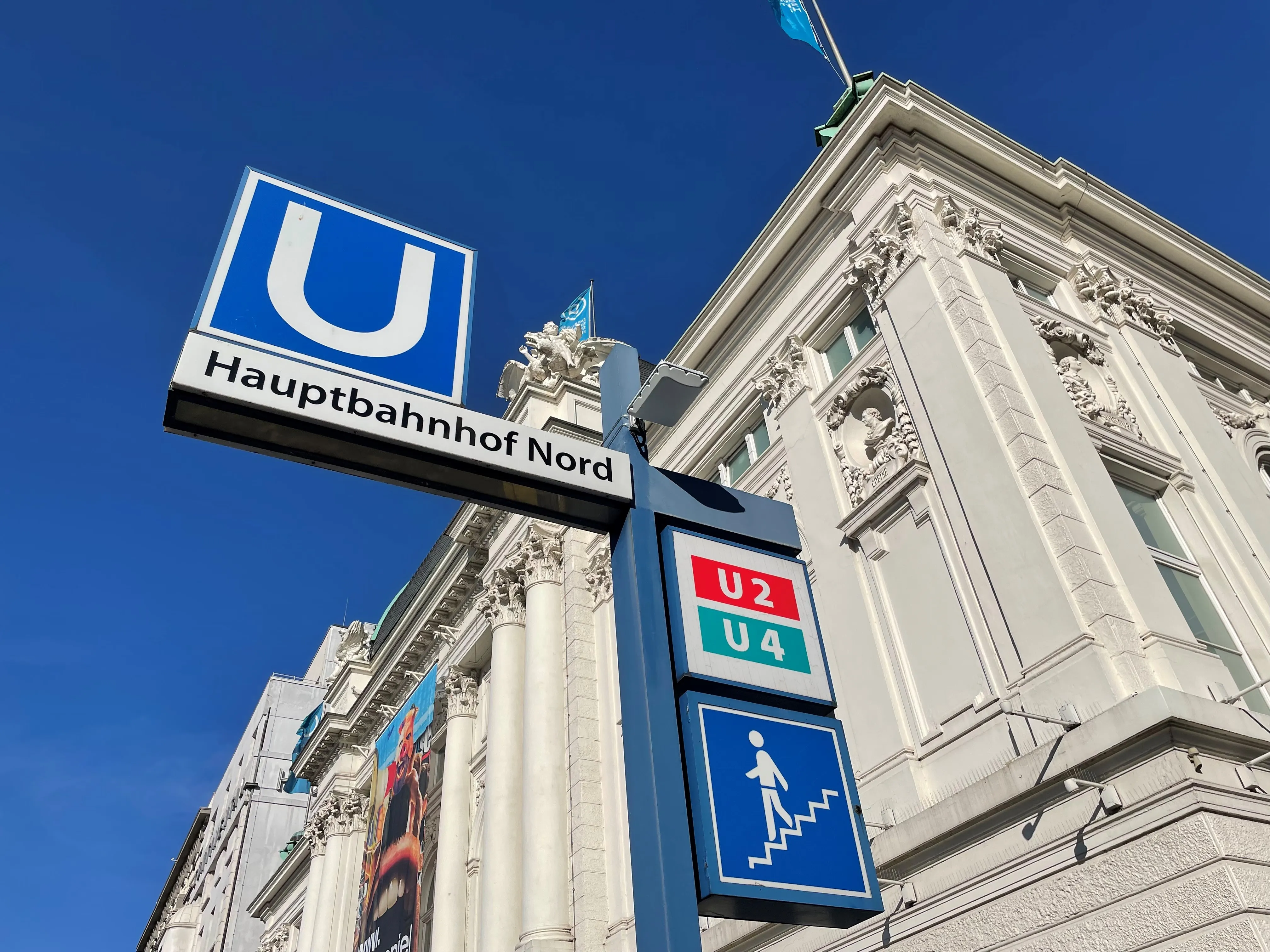
The UK city of Birmingham is proposing to restrict private car access to its centre as part of a wide-ranging blueprint to improve the way people move around.
The Birmingham Transport Plan 2031 “describes what the city needs to do differently to meet the demands of the future” and offers ideas to “support the delivery of a high quality, sustainable public transport system fit for all users”.
Banning motorists from central areas has become increasingly popular in cities worldwide.
Birmingham’s plan is designed to reduce transport’s impact on the environment in line with its commitment to becoming a carbon neutral city by 2030. Other intentions include eliminating road danger, “particularly in residential areas”, revitalising the city centre and local centres and reconnecting communities “by prioritising people over cars”.
Chief among the document’s eye-catching proposals is to limit access to the city centre for private cars “with no through trips”. Developments in alternative modes of transit will give people more travel options, it says. “Parking will be used as a means to manage demand for travel by car through availability, pricing and restrictions.”
The document points to a “period of managed transformation during which decreasing dependence on private motor car travel is matched by increasing accessibility to attractive alternatives – for example through wholesale improvements to walking and cycling infrastructure, through investment in new, mass transit services and through emerging technologies”.
The draft document will go to consultation before a final version is adopted by Birmingham City Council. The city will host the Commonwealth Games in 2022.










